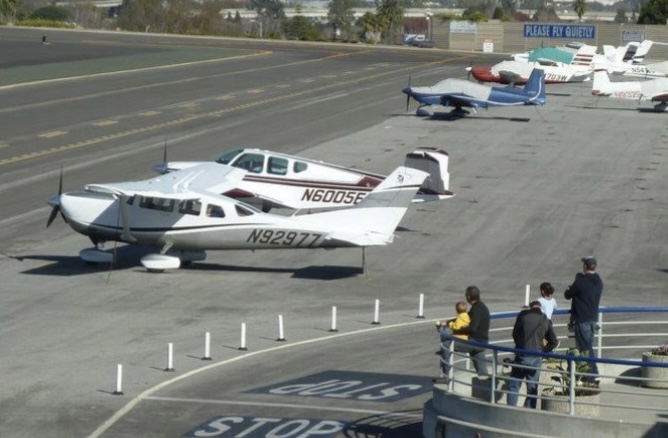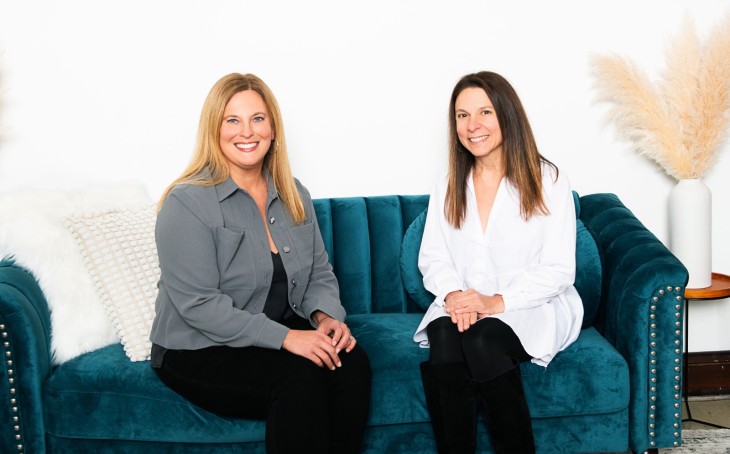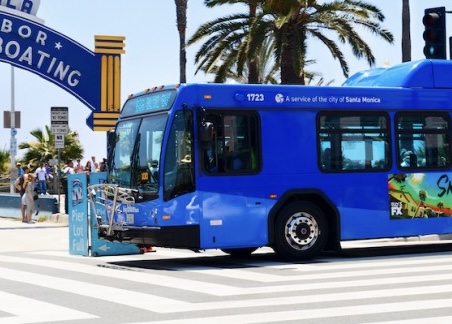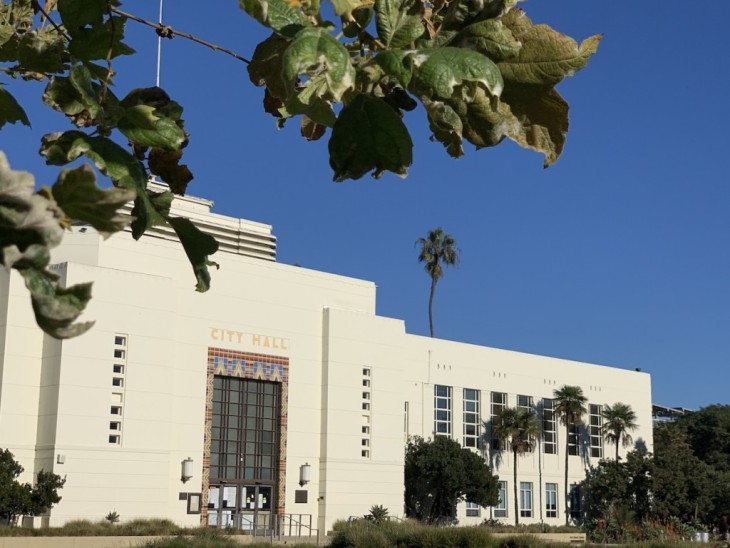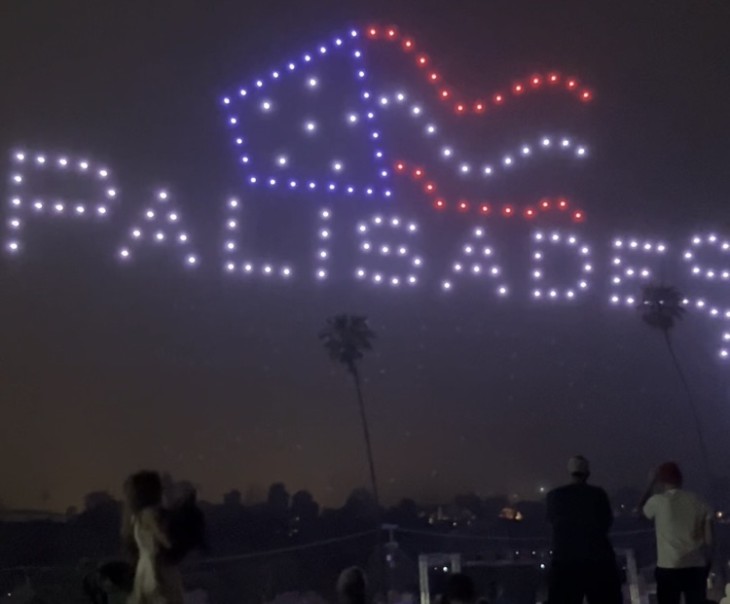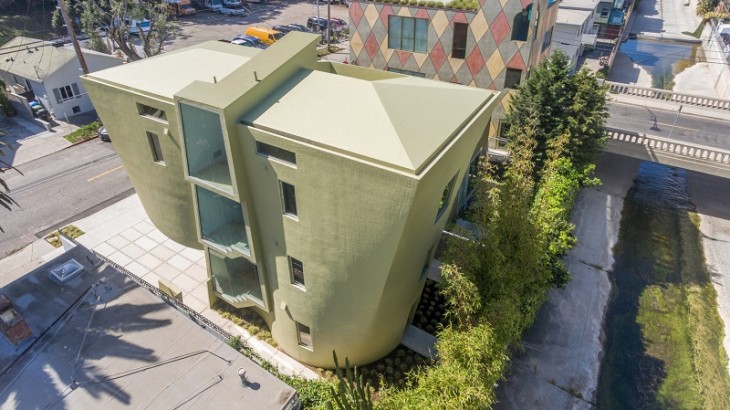In June, the California Coastal Commission, for the second year in a row, rejected a plan for permit parking in Venice. The original ordinance that would have established overnight parking districts (OPDs) forbidding extended stays at parking spaces on the street, was defeated in June 2009. At this year’s Coastal Commission hearing, another motion to create OPD was defeated as the Commission majority agreed with Venice residents who argued that the ordinance would block beach access to visitors and would discriminate against the homeless who live in vehicles.
Because the problem of people living in vehicles parked on the street is still a visible and major problem in Venice, alternative solutions are being worked on. One such proposed alternative was rolled out in initial form at the July 20 meeting of the Venice Neighborhood Council.
Sophia Heller, a consultant working with the Los Angeles City Council District 11 office (District 11, represented by Bill Rosendahl, includes Venice), talked for a few minutes about the CD 11 “safe parking program.” Based on successful programs in Santa Barbara and Eugene, Oregon, this program is designed to help homeless people living in vehicles make the transition to housing. The program will be administered by the Los Angeles Housing Services Authority (LAHSA).
Heller’s presentation summarized the main points. RV residents would be transferred from the street to designated parking lots and would work with case managers who would help them find housing and possibly jobs. They would have to qualify financially for the program and would have to follow some bylaws that would make sure they were not breaking any laws, causing behavioral problems, or trying to take advantage of the program. People who are not eligible for the program or those who “choose not to engage” in the voluntary program, will be helped to find other options.
VNC president Linda Lucks noted that this is “the first presentation to the Board,” of the program and was not an action item (not to be voted on).
When the floor was opened to questions, Heller’s presentation was criticized by some of the community members. The first man who approached the microphone made a lengthy speech about the messes caused by homeless people living on the street, ignoring shouts that he “get to the question.”
“Okay-my question is-who will compensate us for low property values?” the man demanded.
Heller responded to this and other questions by adding details to her original presentation (which was also criticized for its brevity and lack of a promised PowerPoint presentation). She said that LAHSA will be issuing proposals to service providers and there will be an official RFD (request for proposals) soon. This prompted questions from people on the proposed “timeline” for the project.
Michael Arnold, executive director of LAHSA, jumped in to help Heller with questions and after many demands from angry audience members, he offered a timeline: the RFP will be released later in the summer and the implementation should begin by November.
Audience members continued to ask specific questions, wanting to know where the parking lots would be (“All over Venice,” replied Heller), if the plan had been vetted by community members or was as one speaker put it a “fait accompli,” who would choose the lots, how would sanitation be taken care of, what would happen to the people who would not or could not participate, and what if the program attracted homeless people from all over to come to Venice and try to get into the program.
Heller, Arnold, and Rosendahl’s field deputy Arturo Pina tried to keep up with the barrage of questions but as time went on, people began to mention the need for special community meetings to discuss the issue further. At 9 p.m., VNC board member Kelley Willis noted that the item had been under discussion for more than an hour despite being a presentation-only item and that the VNC’s agenda was very long and other items needed to be taken care of. He made a motion to table the safe parking item for the time being, with a special meeting to be held at a future date. With a majority of members voting for the motion, the meeting moved on.


